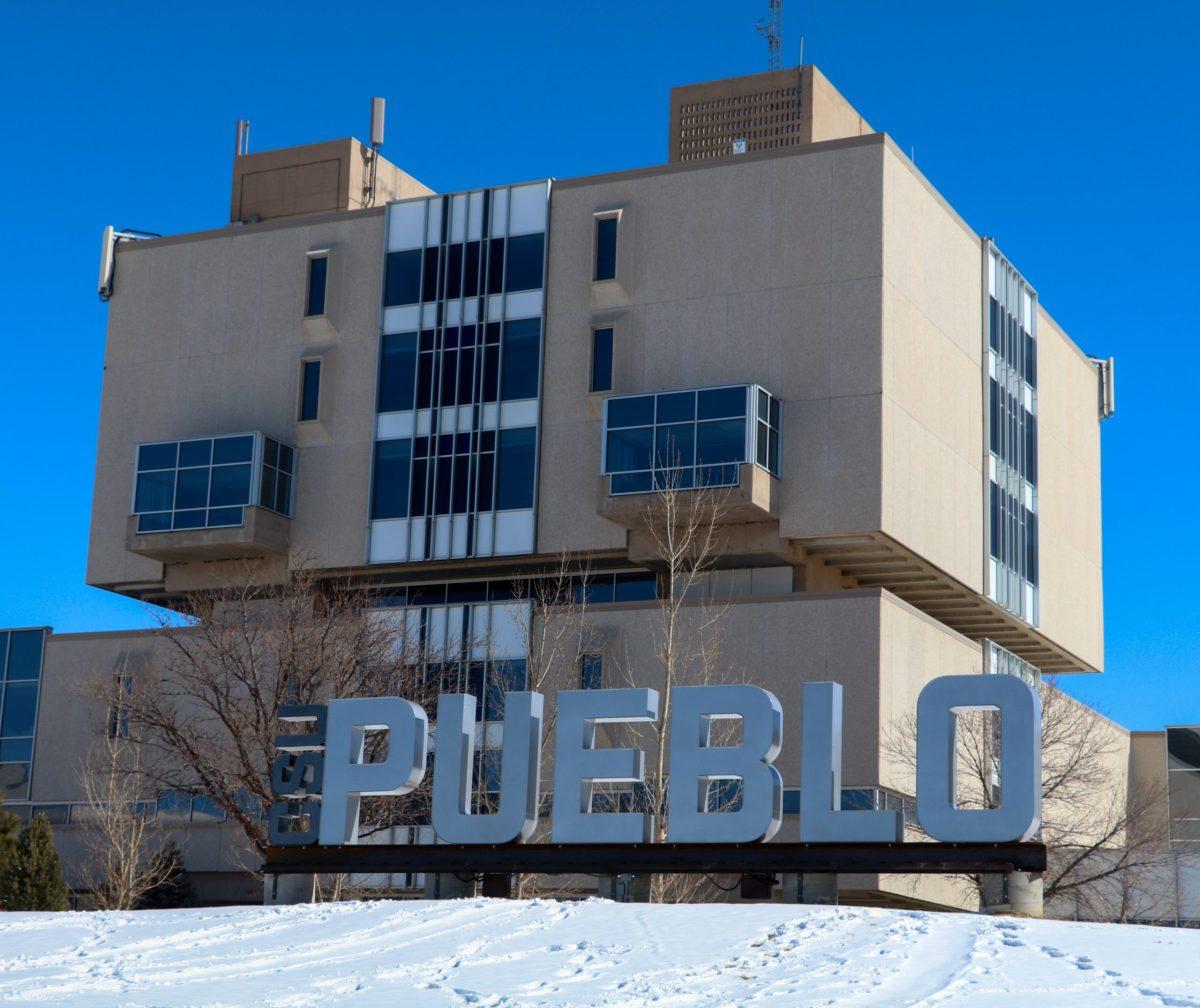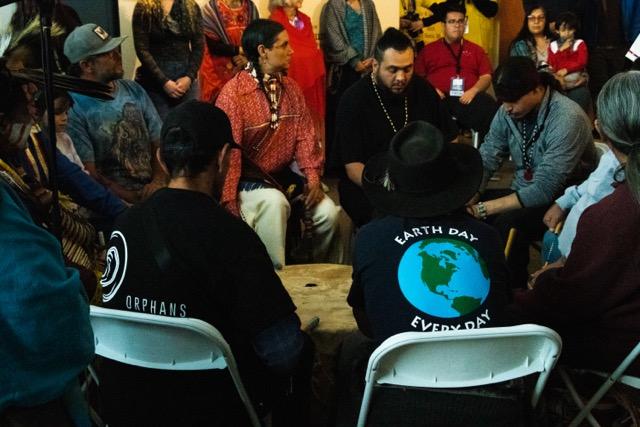 Colorado State University-Pueblo will offer the MAESTRO Summer Program from July 14-August 13.
Colorado State University-Pueblo will offer the MAESTRO Summer Program from July 14-August 13.
MAESTRO stands for Mastering Academic Excellence, Scholarship, Teaching and Research Opportunities.
The month-long program offers a unique, hands-on curriculum that will provide 60 students with an opportunity to earn up to 11 credit hours, including General Education credits in math, English, history and elective credits in Outdoor Pursuits.
This is the first year that CSU-Pueblo will offer the program, which is part of a $2.6 million Title V grant initiative. Over the next five years, it will continue to develop an innovative Center for Teaching and Learning to serve faculty and its highly diverse student population.
CSU-Pueblo will see funding of over $523,000 during the 2015-16 academic year, which will be used to begin development of the four primary innovations of the program, which include support for ongoing faculty teaching and assessment, collaborative research on student learning and experiential education; integrated writing across the curriculum program; “Pack on Track,” an advising and mentoring program that will feature an academic summer program for incoming students who wish to become more fully-prepared for college-level academics; the purchase of new and updated advising and degree and graduation audit software.
“We created a Center for Teaching and Learning that was really faculty driven, where we’re asking faculty to hold each other accountable to work on best practices in the classroom and to all serve our students even better,” said Donna Souder Hodge, executive director of the Center for Teaching and Learning at CSU-Pueblo.
Souder Hodge and Derek Lopez, director of the Center for Academic Enrichment at CSU-Pueblo, wrote the multi-million dollar grant.
The principles of the MAESTRO program align with those of previous Study Abroad programs, providing students with the opportunity to learn about and experience the local history and culture first-hand.
“Our objective is to focus is on general education, first-year programming, Hispanic and low income students. We thought this was a really ideal program,” said Souder Hodge.
“It is going to be an intense experience. We’re working with faculty and staff all over campus to coordinate putting all the moving pieces together.”
The three tenured faculty who collaborated in getting the program off the ground are Fawn Amber Montoya, director of Chicano Studies, Jonathan Poritz, associate professor of Mathematics and Souder Hodge, the university’s director of writing.
Funding is provided by the Developing Hispanic-Serving Institution Program of the U.S. Department of Education.
The total cost is $2,700 per student, which includes room, board, tuition, books and off-campus trips to historical sites in Southern Colorado. The program was marketed to freshmen students from all walks of life. Currently, 45 students are enrolled.
Students will also learn and incorporate algebraic, geometric and statistical methods in order to better understand the history and arguments they’ll be contemplating in class.
“The content of the course is Southwest history, and we are wrapping math and writing into the historical and place-based content,” Souder Hodge said.
The “one-room schoolhouse” model of instruction allows students to engage in hands-on learning experiences, such as adobe brick making, working with native textiles, and several other survival skill-building experiences.
At the conclusion of the program, a student-led and created symposium will give students the opportunity to make an argument for the importance of cross-cultural, interdisciplinary, hands-on learning and enrichment.










